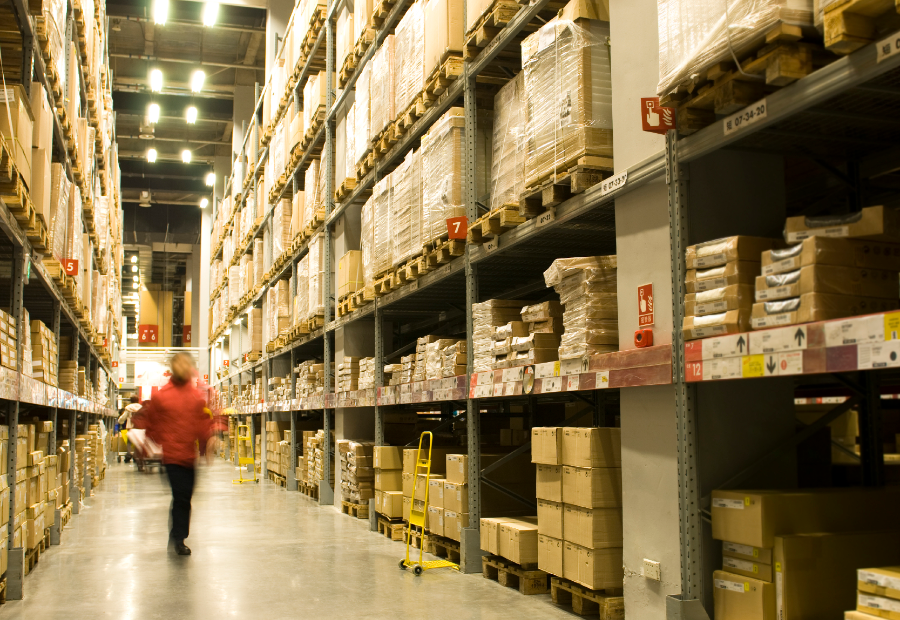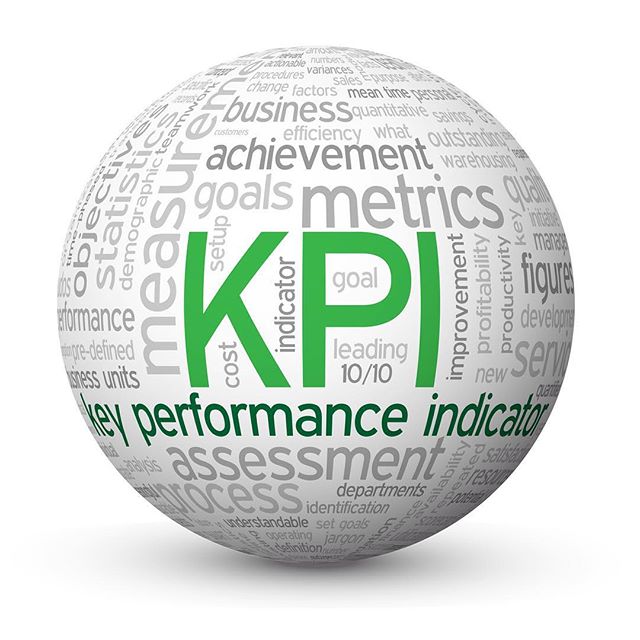-
Key Performance Indicators (KPIs) for Inventory Planning and Control

Keeping inventories at the exact desired level is not an easy task. It requires coordination between purchasing, sales, forecasting and demand planning. Very high inventories guarantee demand satisfaction but incur high costs. Low inventories ensure low maintenance costs but involves the risk of losing sales, which represent a very high intangible cost. Let’s look at…
-
Key Performance Indicators (KPIs) for transportation

In this post we will see some examples of key performance indicators (KPIs) for the transportation sector, one of the most important for logistics and for the supply chains in general, since its cost has a direct impact on the bottom lines of companies and in the cost of products paid by the final consumer.…
-
Key performance indicators

Key performance indicators (KPI) serve to assess and measure the performance level of important processes for businesses. They are widely used by managers to direct the efforts of employees and partners to improve the most important indexes. Performance indicators are unique for each company, as they should reflect the company strategy. Thus, in the logistics…